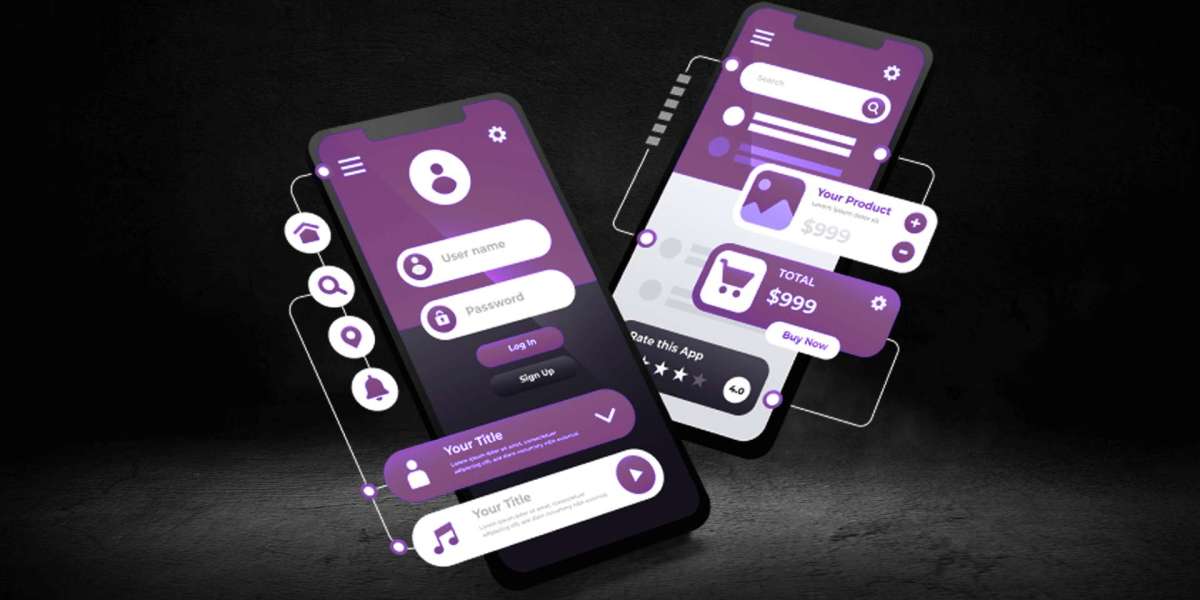Choosing the right mobile app development company is one of the most important decisions you’ll make when bringing an app idea to life. The right partner can make your project smoother, your product stronger, and your return on investment much better. On the other hand, the wrong choice can lead to delays, cost overruns, poor quality, or worse. To help you find the best match, here are ten essential questions you should ask before signing any agreement.
1. What relevant experience do you have?
Ask if they have built apps similar to yours — in functionality, scale, or in your industry. Review their portfolio and case studies. It’s helpful if they’ve worked in your domain (e.g., healthcare, finance, eCommerce) because they will likely understand domain‑specific challenges (security, compliance, user expectations).
Questions to follow up:
Can you show examples of apps with similar features?
What technical challenges did you face in those projects and how did you overcome them?
Have you worked for companies of similar size or growth stage as ours?
2. Who will be working on my project? What is the team composition and structure?
It’s not enough to know what a company claims on paper; you need clarity on the actual people who will handle your project. Ask:
Who are the developers, designers, testers, architects? What are their experience levels?
Will any work be outsourced, or will all work remain in‑house?
Who is the point of contact / project manager? How will responsibilities be divided?
A stable, skilled team with a clear leader tends to deliver more consistent quality.
3. What is your development process, methodology, and timeline?
A robust process can help avoid surprises. Relevant sub‑questions:
Do you follow Agile, Scrum, waterfall, or hybrid models? How often do you demo or deliver incremental work?
How are requirements gathered, documented and approved? Are wireframes, user stories, prototypes used before coding begins?
What is the expected timeline? Can you break it down stage‑wise (design, development, testing, deployment)? What happens if something needs to change along the way?
Having clarity here helps you manage expectations, budget and scope.
4. How do you handle testing, quality assurance, and user feedback?
Quality is critical. Ask about:
The testing strategy: manual vs automated testing, unit tests, integration tests, performance tests, compatibility across devices.
Do they use real‑device testing or cloud device farms? How do they handle bugs and regression?
How and when user feedback will be incorporated (e.g. via beta testing or user acceptance testing).
This ensures the app is stable, usable, and aligned with what actual users expect.
5. What about security, data protection, and compliance?
If your app is going to deal with sensitive information (user data, payments, health data, etc.), this is non‑negotiable.
What practices do you follow for securing data (encryption, secure APIs, secure storage)?
Do you perform penetration testing, audits, threat modelling?
Are you familiar with regulations relevant to my app (GDPR, HIPAA, PCI DSS, local laws)? How do you ensure compliance?
6. What are your post‑launch support and maintenance terms?
After launch is when many problems surface. Make sure your partner is ready for long‑term engagement. Ask:
What kind of support do you provide post‑launch (bug fixes, updates, OS version changes)?
What are your maintenance plans / service level agreements? What is the response time for issues?
How do you plan for scalability: can the app handle growth in user base, traffic, data? Will the architecture support scaling?
7. What technologies, frameworks, and platforms do you use and why?
Technology choices affect performance, maintainability, cost, and speed.
Do you build native apps (iOS, Android) or use cross‑platform tools (Flutter, React Native, etc.)? What is your recommendation for my project and why?
What backend, databases, third‑party services, APIs, and libraries will you use? Are they well supported and future‑proof?
How do you ensure code quality, version control, documentation? Will I have access to documentation and code repositories if needed?
8. What is the pricing model, cost estimate, and handling of changes in scope?
Budget control is vital. Be clear about what costs you are agreeing to and what might change them.
Is pricing fixed, hourly, milestone‑based, or hybrid? What is included in the quoted price?
What happens if requirements change mid‑project? How are change requests handled, and how do they affect timeline and cost?
Are there hidden costs (e.g. licensing, app store fees, third‑party services, maintenance) that are not in the initial quote?
9. How will we communicate and collaborate?
Good communication is often what separates successful projects from troubled ones.
Who will be the point of contact? How often and by what means will updates be given (email, video calls, project management tools)?
Will there be regular demos or reviews? How will feedback be collected and addressed?
How do you handle time zone differences, working hours, availability for urgent issues?
10. Can you provide references, testimonials, or allow me to speak with past clients?
Hearing directly from people who have worked with the company is one of the best ways to validate claims.
Ask for references especially from projects similar in size, complexity or industry to yours.
Read independent reviews (on sites like Clutch, GoodFirms, etc.) to see recurring strengths and complaints.
If possible, talk to past clients: ask about whether deadlines were met, whether the budget held, how responsive the vendor was, and how good the support has been after launch.
Why These Questions Matter
Asking these questions does more than just help you select a vendor. They build shared understanding. They help avoid miscommunication. They ensure both parties are aligned on:
what is delivered
when it is delivered
how much it will cost
how quality and security are handled
how future maintenance and scaling will be managed
When you clarify these areas up front, you reduce risk, avoid surprises, and foster a better working relationship.
Tips for Evaluating the Answers
Beware of vague answers. If the company can’t clearly explain their process, technology, or roles, that may be a red flag.
Compare responses across multiple companies. One may offer lower cost, another better quality, another faster delivery. It often becomes a trade‑off.
Trust but verify: see portfolios, check references, test apps they’ve built if possible.
Pay attention to culture fit. Sometimes a vendor with slightly higher cost but better communication, reliability or transparency ends up being a better choice in the long run.
Conclusion
Hiring a mobile app development company is not just about paying someone to code. It is about finding a partner who understands your vision, takes ownership, communicates well, protects your data, and ensures long‑term success. By asking the ten questions above, you’ll be much better equipped to make a choice that delivers value, quality, and peace of mind.
If you’re considering Astha Technologies or any other company, use this checklist as a guide. It will help ensure that your app is built to standard, delivered on time, and supported after launch so your investment truly pays off.



